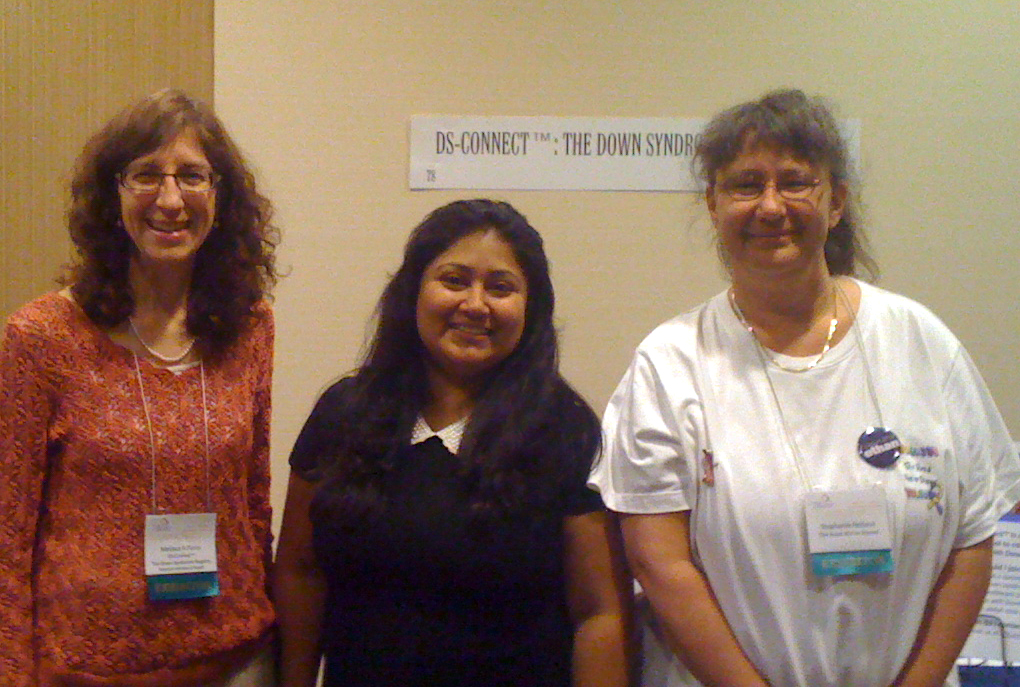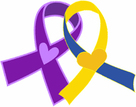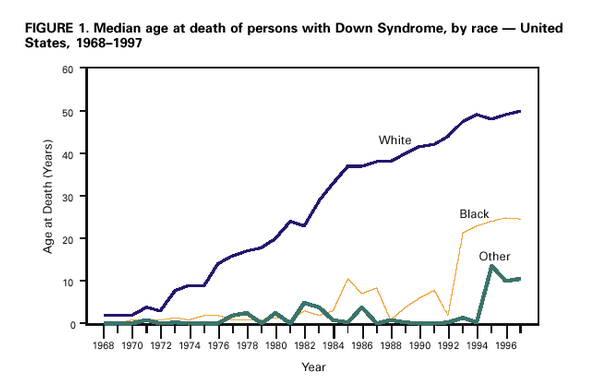|
Here at The Road, our team is as divided on this issue as well. We all have different views about research in general and specifically when it comes to projects like Ds-Connect (the national Down syndrome registry), and cognitive enhancement. As a result, we present different perspectives and welcome polite discussion about all kinds of Ds research.
|
Cognition Research
Really, the ultimate goal of this [cognition research] is creating new opportunities for every individual with Down syndrome be they children or adults; to live more independent lives, to participate more successfully in schools and employment, and ultimately…to prevent the additional cognitive decline that comes along with the earlier onset of Alzheimer’s disease in individuals with Down syndrome.
Developed in 2010, the purpose of these tests was to replace regular IQ tests. They are described as “the first cognitive test battery specifically designed for use in individuals with Down syndrome across a range of ages and ability levels.” Doctors realized that they needed a better way to evaluate cognition in people with intellectual disabilities if they were going to prove that new drugs actually worked. The ACTB can also be used now to get a better sense of decline in functioning associated with Alzheimer’s dementia, and a host of other things that the old IQ tests used to do ineffectively.
Research on The Road
- Research and Adults who have Down syndrome – Stephanie Holland – 3/6/14
- Cognitive Enhancement: Perceptions Among Parents of Children with Disabilities– Stephanie Holland – 3/17/14
- Depression in Adults who have Down syndrome – Stephanie Holland – 4/14/14
- A Toe in The Water – A Down Syndrome Research Convert – Stephanie Holland – 8/5/14
- Research and the man voice pill – Mardra Sikora – 9/8/14
- Silly Research Studies – Stephanie Holland – 9/13/14
We also talked to some of the doctors involved with creating the Down syndrome registry: NIH Talks about Ds Connect – The Down syndrome Registry
Did you know that there’s a section of the registry specifically about adulthood? The questions are designed to collect information about things like what kind of medical and dental care adults receive and what kinds of health issues they are experiencing. The adult module is currently being revised soon there will be two new sets of questions specifically about male and female health issues for adults.
We understand that the decision to join the registry or not is one that each individual family should make on their own, we want to help get information out to our community so that each family can make an informed decision on their own. Now that we have a relationship with a few great women at NIH, we’d be happy to pass along any questions or concerns you may have.
Alzheimer’s Disease
Endless Possibilties
There are lots of research projects out there that look at things like quality of life for aging people with Ds, disability and poverty, and parenting. We also need to press for an updated study on life expectancy of people with Ds in different racial groups.
The data in the previous study is not only scary, it’s unacceptable.
Whatever corner you’re in when it comes to Down syndrome research, we hope you’ll join in the discussion here on The Road. Tell us your concerns. Why do you support research? What kind of research is most important to you?





